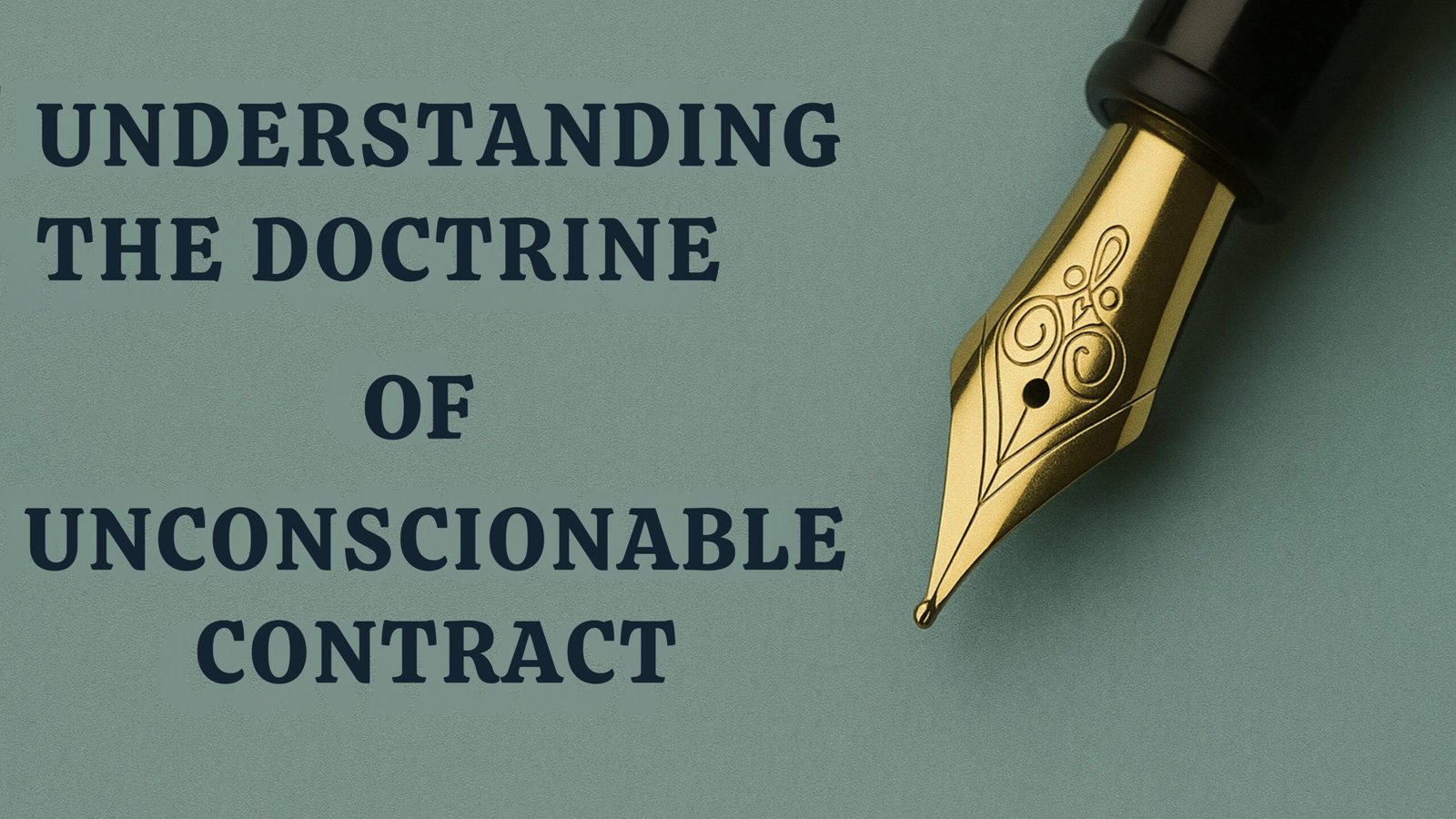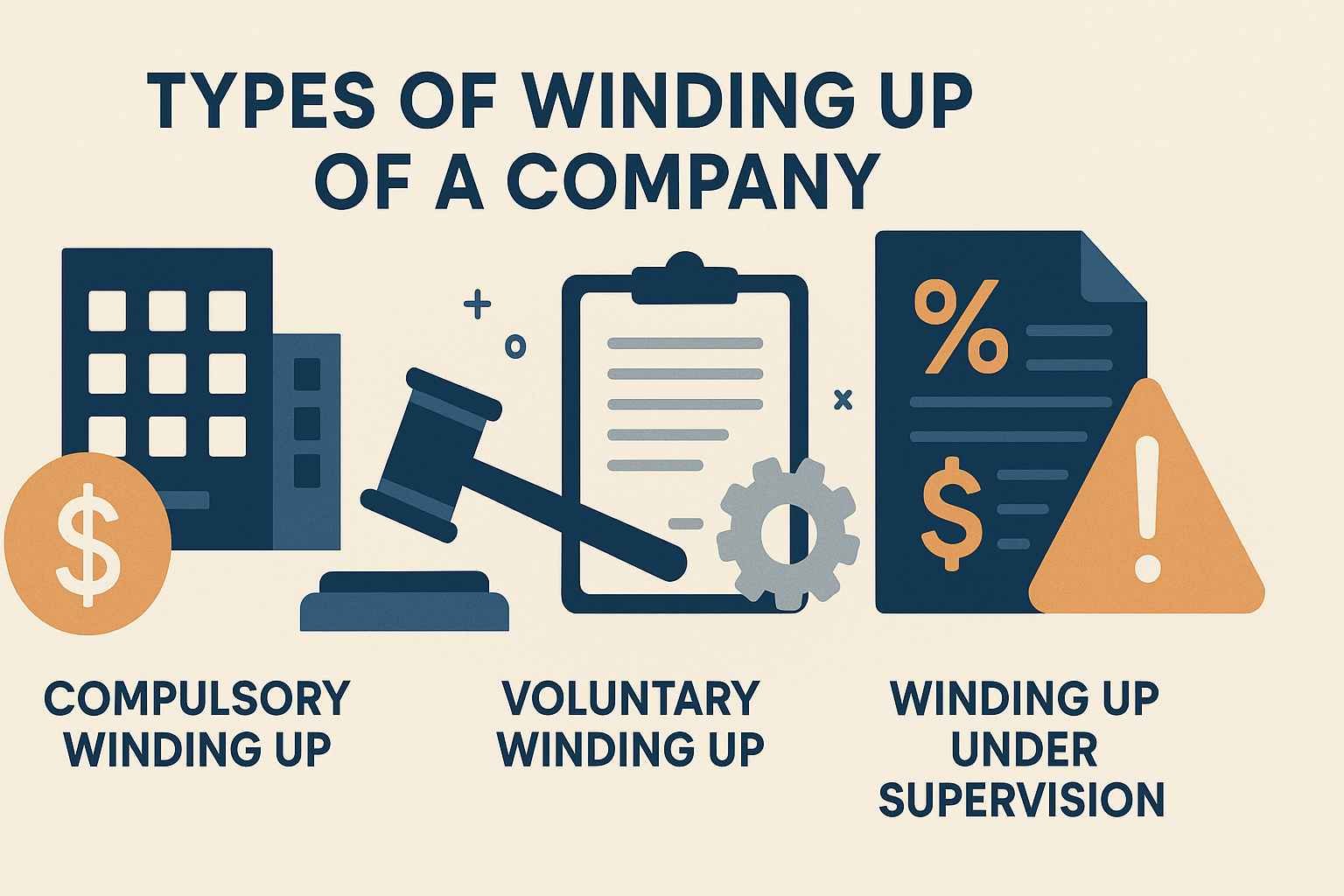On this page you will read detailed information about Prenuptial Agreement.
As you prepare to embark on the journey of marriage, it’s crucial to consider protecting your financial interests. While discussing a prenuptial agreement may feel uncomfortable, it can provide invaluable security for both partners. This legal document, often misunderstood, serves as a safeguard for your assets and helps establish clear financial expectations. By addressing potential issues upfront, you can enter your marriage with greater peace of mind and transparency. In this article, we’ll explore the benefits of prenuptial agreements, dispel common myths, and guide you through the process of creating one that serves your unique needs and circumstances.
What is a Prenuptial Agreement?
A prenuptial agreement, commonly known as a prenup, is a legally binding contract entered into by a couple before marriage. This document outlines how assets, debts, and financial responsibilities will be handled in the event of divorce or death. Prenuptial agreements serve as a protective measure for both parties’ individual financial interests.
Key Components
Prenuptial agreements typically cover:
- Division of property and assets
- Allocation of debts
- Spousal support arrangements
- Protection of family heirlooms or businesses
It’s important to note that prenups cannot regulate child custody or support issues, as these must be determined based on the child’s best interests at the time of divorce.
Legal Considerations
To ensure enforceability, both parties should have independent legal counsel when creating a prenuptial agreement. It’s advisable to start the process at least six months before the wedding to avoid claims of duress. The average cost of a prenup ranges from $500 to a few thousand dollars, depending on the complexity of the financial situation.
Prenuptial agreements offer a way to protect assets, clarify financial expectations, and potentially simplify the divorce process if needed. While discussing these matters may seem unromantic, it can lead to important conversations about financial goals and values before marriage.
Reasons to Consider a Prenuptial Agreement
Financial Clarity and Protection
Prenuptial agreements provide a clear roadmap for handling finances in marriage. They allow you to outline how assets, debts, and financial responsibilities will be managed, offering both parties a sense of security. This clarity can be especially beneficial if you’re entering the marriage with significant assets or a thriving business.
Safeguarding Separate Property
A prenup can protect pre-existing assets, investments, or family inheritances, ensuring they remain separate from marital property. This is particularly important if you have children from a previous relationship and want to secure their inheritance.
Fostering Open Communication
The process of drafting prenuptial agreements encourages couples to have crucial conversations about their financial expectations and goals. This open dialogue can strengthen the foundation of your marriage, promoting transparency and trust.
Streamlining Potential Separation
While no one enters a marriage expecting it to end, prenuptial agreements can simplify the divorce process if it does occur. By establishing clear guidelines for alimony and asset division upfront, you can avoid lengthy legal battles and reduce emotional stress.
Peace of Mind for All
Contrary to popular belief, prenuptial agreements aren’t just for the wealthy. They’re recommended for everyone getting married as a way to protect both partners’ financial interests. By addressing potential concerns upfront, you can focus on building a strong, loving relationship without financial uncertainties looming overhead.
Key Elements of a Prenuptial Agreement
Financial Disclosure
A crucial component of any prenuptial agreement is full financial disclosure from both parties. This includes detailing all assets, liabilities, and income sources. According to LegalZoom, transparent disclosure helps ensure the agreement’s enforceability and fairness.
Property and Debt Division
Prenuptial agreements typically outline how property and debts will be divided in case of divorce. This may include specifying which assets remain separate and which become marital property. The agreement can also protect against a spouse’s debts, shielding your assets from potential creditors.
Spousal Support Provisions
Many prenuptial agreements include terms for alimony or spousal support. While courts may scrutinize these provisions closely, they can provide clarity on financial responsibilities post-divorce. However, it’s important to note that complete waivers of alimony rights may not be enforceable in all jurisdictions.
Inheritance and Estate Planning
Prenuptial agreements often address inheritance rights and estate planning considerations. This is particularly important for those with family wealth or business interests. The agreement can help keep family property within the family and establish clear guidelines for asset distribution upon death.
The Prenuptial Agreement Process
The process of creating prenuptial agreements involves several crucial steps to ensure the document is legally binding and fair to both parties. Starting the conversation early, ideally 6-12 months before the wedding, allows ample time for thoughtful discussion and negotiation.
Financial Disclosure and Goal Setting
A critical component of prenuptial agreements is full financial disclosure. Both parties must provide a comprehensive list of their assets, debts, and income. This transparency forms the foundation for identifying key goals and points to address in the agreement, such as:
- Division of assets and debts
- Treatment of premarital assets
- Spousal support considerations
- Protection of business interests
Legal Consultation and Drafting
Seeking professional legal advice is essential to ensure the prenuptial agreement complies with state laws. Each party should have their own attorney to review and negotiate terms. The drafting process typically occurs 2-4 months before the wedding, allowing time for revisions and mutual agreement.
Finalization and Signing
Once both parties are satisfied with the terms, the prenuptial agreement should be finalized and signed at least one month before the wedding. This timing helps avoid any appearance of duress or last-minute pressure. To be legally binding, the document must be properly executed, which often includes notarization and witness signatures.
By following this structured process, couples can create a fair and comprehensive prenuptial agreement that protects both parties’ interests and sets a foundation for financial transparency in their marriage.
In the previous post, we had shared information about Understanding the Doctrine of Unconscionable Contract, so read that post also.
Prenuptial Agreement Myths Debunked
Not Just for the Wealthy
Contrary to popular belief, prenuptial agreements are not exclusively for the rich and famous. These legal contracts can benefit couples of all financial backgrounds by facilitating open discussions about joint finances, investments, and debt. In fact, prenuptial agreements are becoming increasingly common, with 15% of engaged or married couples now opting for one.
Strengthening Relationships
Far from predicting divorce, prenuptial agreements can actually strengthen relationships. They encourage transparent communication about finances and provide peace of mind that both partners’ interests are protected. This open dialogue can foster trust and stability in the relationship.
Protecting Both Parties
Another misconception is that prenuptial agreements only protect the wealthier spouse. In reality, these contracts can be customized to address issues like alimony, childcare, and spousal support, ensuring fairness for both parties. They can also provide clarity on asset division and debt management, reducing potential conflicts in the future.
Cost-Effective and Enforceable
While some believe prenuptial agreements are expensive and unenforceable, the opposite is often true. These agreements can be cost-effective by eliminating the need for lengthy court battles in the event of a divorce. Moreover, properly executed prenuptial agreements are generally enforceable in court, provided they meet legal requirements such as voluntary signing and full financial disclosure.
Conclusion
In conclusion, a prenuptial agreement can be a valuable tool for protecting your assets and interests as you enter into marriage. While discussing finances may feel uncomfortable, having open and honest conversations about money matters before tying the knot can strengthen your relationship and provide peace of mind. By clearly outlining financial expectations and responsibilities, you and your partner can avoid potential conflicts down the road. Remember to consult with an experienced attorney to ensure your prenup is legally sound and fair to both parties. With proper planning and communication, a prenuptial agreement allows you to enter your marriage on solid financial footing, ready to build a future together.
Disclaimer
The information and services on this website are not intended to and shall not be used as legal advice. You should consult a Legal Professional for any legal or solicited advice. While we have good faith and our own independent research to every information listed on the website and do our best to ensure that the data provided is accurate. However, we do not guarantee the information provided is accurate and make no representation or warranty of any kind, express or implied, regarding the accuracy, adequacy, validity, reliability, availability, or completeness of any information on the Site. UNDER NO CIRCUMSTANCES SHALL WE HAVE ANY LIABILITY TO YOU FOR ANY LOSS OR DAMAGE OF ANY KIND INCURRED AS A RESULT OR RELIANCE ON ANY INFORMATION PROVIDED ON THE SITE. YOUR USE OF THE SITE AND YOUR RELIANCE ON ANY INFORMATION ON THE SITE IS SOLELY AT YOUR OWN RISK. Comments on this website are the sole responsibility of their writers so the accuracy, completeness, veracity, honesty, factuality and politeness of comments are not guaranteed.
So friends, today we talked about Prenuptial Agreements, hope you liked our post.
If you liked the information about Prenuptial Agreements, then definitely share this article with your friends.
Knowing about laws can make you feel super smart ! If you find value in the content you may consider joining our not for profit Legal Community ! You can ask unlimited questions on WhatsApp and get answers. You can DM or send your name & number to 8208309918 on WhatsApp








